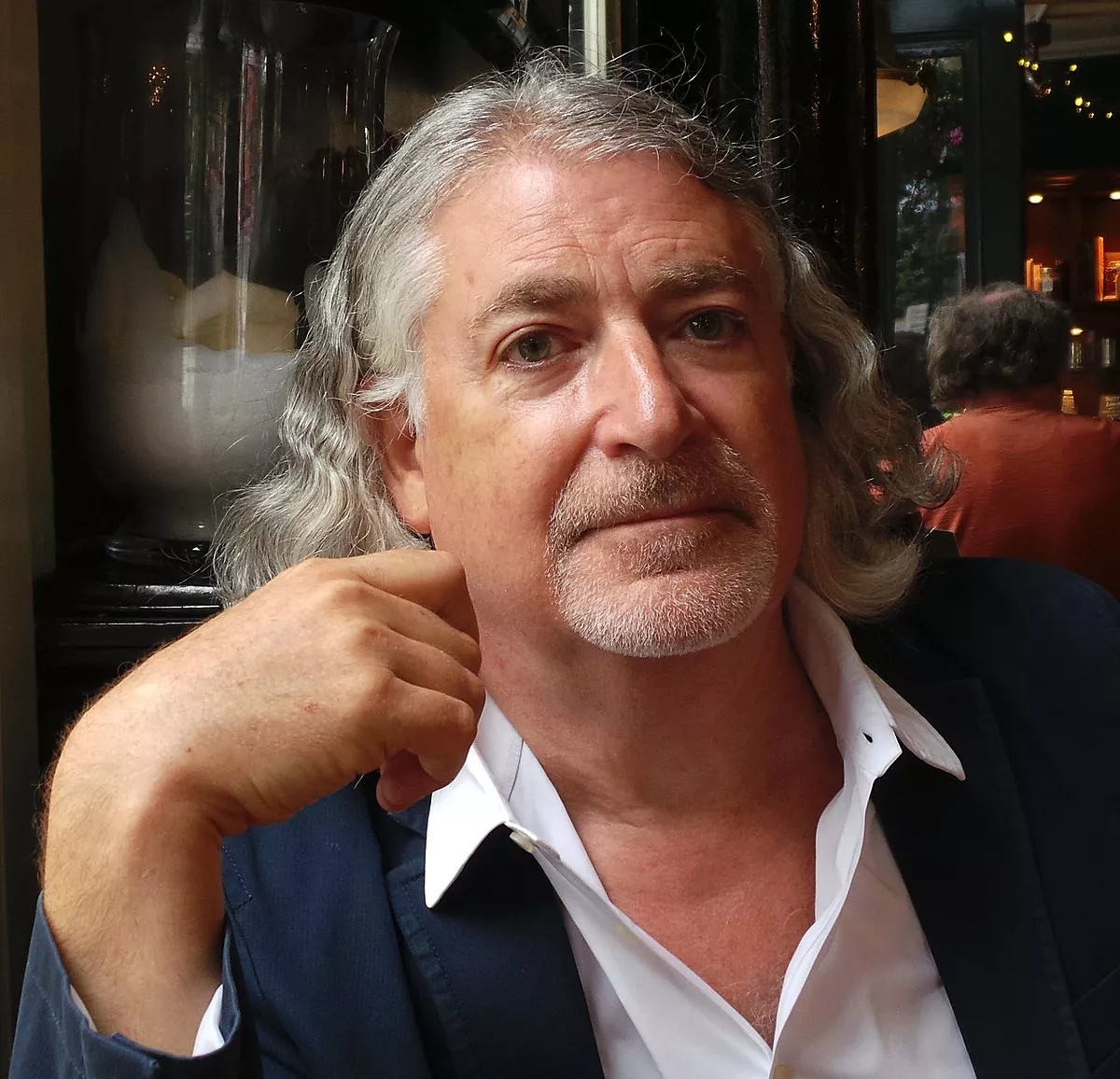 1.
1. Nikolas Rose is Distinguished Honorary Professor at the Research School of Social Sciences, in the College of Arts and Social Sciences at the Australian National University and Honorary Professor at the Institute of Advanced Studies at University College London.